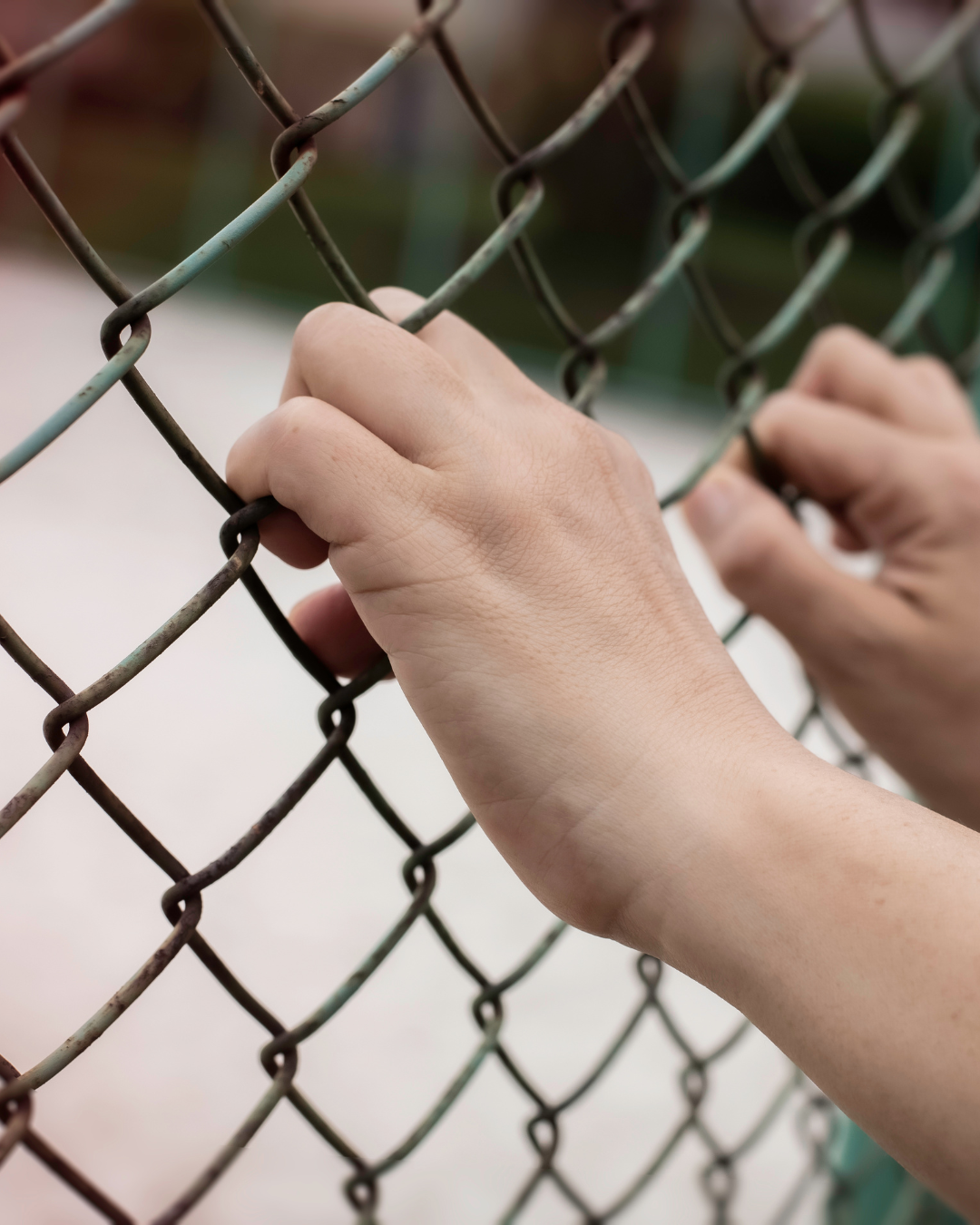Parental absence refers to the temporary or extended absence of one or more parent, which can be due to various reasons such as mental illness, divorce, incarceration, distance, or death. It can have a substantial effect on a child's psychology, leading to issues such as depression, substance abuse, and difficulties in school.
Parental absence is not only about physical absence but also encompasses emotional unavailability and lack of active involvement in a child's life, which can impact their emotional development and relationships in adulthood.

Incarceration
While it is difficult to predict how a child will fare when a parent is involved in the criminal justice system, parental incarceration can affect many aspects of a child’s life, such as their mental health, academic performance, and financial circumstances. The challenges and difficulties that children of incarcerated parents face include:
Children of incarcerated parents face many challenges staying connected with their parents, especially if the children are placed in foster care. It can be difficult to access services, set up visits, and reunite after a parent’s release from prison. Parents with sentences longer than 15 months are at risk of permanently losing their rights to their children.
Foster Care
While it is difficult to predict how a child will fare when a parent is involved in the criminal justice system, parental incarceration can affect many aspects of a child’s life, such as their mental health, academic performance, and financial circumstances. The challenges and difficulties that children of incarcerated parents face include:
Children of incarcerated parents face many challenges staying connected with their parents, especially if the children are placed in foster care. It can be difficult to access services, set up visits, and reunite after a parent’s release from prison. Parents with sentences longer than 15 months are at risk of permanently losing their rights to their children.